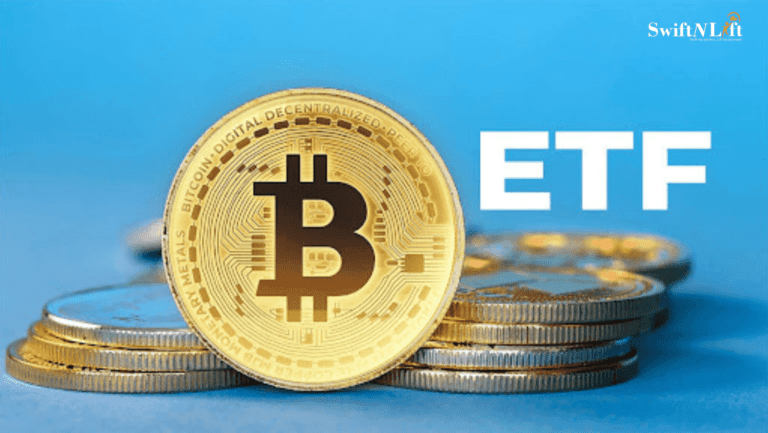
Discover the recent landmark decision by the US Securities and Exchange Commission (SEC) to approve spot Bitcoin exchange-traded funds (ETFs). Explore the implications for mainstream investors and the cryptocurrency market. Understand the risks associated with Bitcoin ETFs, including price volatility, cybersecurity concerns, and potential environmental impacts. Stay informed about this significant development shaping the intersection of traditional finance and the world of cryptocurrencies.
The recent decision by the US Securities and Exchange Commission (SEC) to approve spot Bitcoin exchange-traded funds (ETFs) has sent waves of excitement through the cryptocurrency community. This move allows a broader range of investors, including pension funds and ordinary individuals, to participate in the speculative world of Bitcoin. However, the approval comes with a stern warning from SEC Chairman Gary Gensler about the risks associated with the cryptocurrency.
What is an ETF?
Exchange-traded funds (ETFs) are investment portfolios traded on stock exchanges, allowing investors to gain exposure to multiple assets without directly owning them. While some ETFs already indirectly include Bitcoin, spot Bitcoin ETFs enable direct purchase of the cryptocurrency at its current market price throughout the day. This development eliminates the need for investors to navigate digital wallets or crypto exchanges.
Excitement and Implications:
The approval of Bitcoin ETFs has been eagerly anticipated by investment companies like BlackRock and Fidelity, potentially unlocking billions of dollars for investment in the cryptocurrency market. The entry of these financial giants into the market is expected to drive increased demand for Bitcoin, potentially impacting its value. The move is viewed by some as a signal that the mainstream financial establishment is taking Bitcoin seriously, while others argue it contradicts the decentralized ethos envisioned by Bitcoin’s mysterious creator, Satoshi Nakamoto.
Risks and Considerations:
- Price Volatility: The price of Bitcoin is notoriously volatile, and investors in Bitcoin ETFs should be prepared for rapid and unpredictable price changes.
- Cybersecurity Concerns: As major financial institutions like BlackRock become significant holders of Bitcoin, they may become targets for cybercriminals. Robust cybersecurity measures will be crucial to safeguard against potential attacks.
- Environmental Impact: Bitcoin mining relies on powerful computers globally, raising concerns about the environmental impact. Investors, particularly those focused on environmental, social, and corporate governance (ESG) considerations, may be hesitant to support an asset with potential environmental costs.
- Regulatory Scrutiny: Despite the SEC approval, the regulatory landscape for cryptocurrencies remains uncertain. Future regulatory developments could impact the value and accessibility of Bitcoin ETFs.
The approval of Bitcoin ETFs in the US marks a significant milestone for cryptocurrency adoption, attracting new institutional and retail investors. However, investors should approach this opportunity with caution, considering the inherent risks, regulatory uncertainties, and potential environmental concerns associated with Bitcoin. As the cryptocurrency market evolves, the decision’s long-term impact on both the financial industry and the broader adoption of cryptocurrencies remains to be seen.



